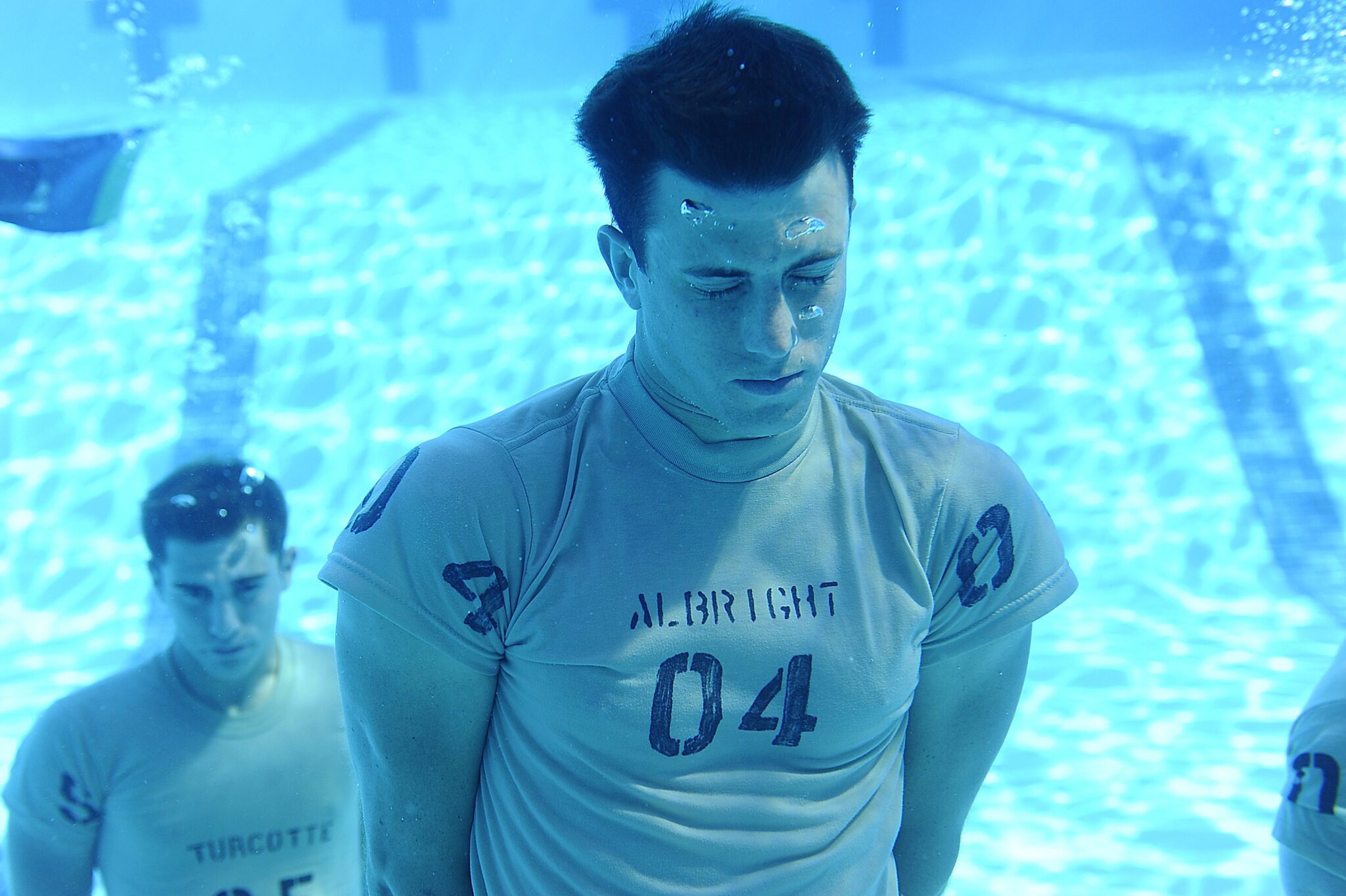I have been getting some help recently from a voice therapist. Until recently, I didn’t know there was such a thing. Maybe that indicates an unusual depth of ignorance on my part. Or, maybe voice therapists hide from the general public behind bushes and in dark alleys. I’m leaning toward the latter. I accidentally stumbled on mine, so that lends some credibility to the theory. Like leprechauns, once found, it is best not to let them get away.
My understanding is voice therapists primarily work with singers and public speakers. People who have careers and make money with their voices. That explains why mine hasn’t worked with any voice actors before. That’s not a discouragement to me though. I spend money on inappropriate stuff all the time, so if I am stepping outside my class here, I choose to remain willfully ignorant.
I went into vocal therapy because I have been experiencing pain for some time in my vocal chords and surrounding tissue during and after recording sessions. The doctor in the office, who is an otolaryngologist (Ear, Nose and Throat doctor), told me I have dysphonia and bilateral sulcus vocalis. It sounds worse than it is, but if unchecked could eventually cause serious problems, even a complete loss of voice. I’m not sure my wife would agree that this would be a problem, but I digress.
The therapy is to reduce the strain I am putting on my vocal chords so they can heal properly, and build good habits that will reduce the chance of injury in the future. Little did I know it would also bear dividends in my performance.
As the therapy has progressed, I have been astounded at how much difference little things can make. Breathing for instance. As an example, before starting a long sentence I used to forcibly fill my lungs to capacity so I wouldn’t run out of air mid sentence. Unfortunately, that physical effort creates tension, which works against a good performance. I discovered that if I let my abdomen fully relax, without trying, my lungs fill adequately without tension. To be clear, there isn’t as much air as when I forcibly filled every inch, but there is enough.
Wait, what? If I run out of air with lungs filled to capacity, how can less be adequate? The therapist explained that the key is controlled, relaxed exhalation. Unexpectedly, this plays into a specific problem I’ve had for a long time. Often when I start a sentence, especially after a big breath, the first syllable is overpowered, making it louder than it should be. This can easily ruin a take. Unintentionally, relaxed breathing has fixed this like waving a magic wand. Yes!
So, I get to pay an unusually large co-pay once a week to have someone tell me how to breath in and out. If you would have asked me a few weeks a go if I knew how to breathe in and out, I would have said I did. Turns out, not so much.
So am I nuts? Possibly, but that is immaterial to the tale at hand. And please don’t ask my wife.
Nothing being simple, all of this comes with an entire suite of exercises that look and feel ridiculous and seem as though they have no purpose except to cause embarrassment. I wonder how many drunken frat parties it took at college to come up with some of this stuff. “Hey Brian, let’s have them stand on their hands while wiggling their toes in the air while singing the National Anthem while drinking a glass of water! Hic!”
Being a traditionally stoic American male, I would rather not do the exercises at all, let alone in front of my therapist who, in addition to being a medical professional, is also a classically trained opera singer and taught voice at the university level. Nothing intimidating about that.
However, I have to grudgingly admit that it does make a difference. Funny little exercises re-train muscles and habits. I am still in the early stages, but I can feel it.
I am also learning things that I think I should have known all my life. Like a million other people, my ultimate dream when I was growing up was to be a singer. Architect. A singing architect. Anyway, I had a good voice, a deep emotional connection to music, a need to connect viscerally, and a packet of pencils. I wonder what might have been different had I known then what I am learning now.
So, I am swallowing my pride and doing my exercises and paying attention to the subtleties of how I breathe, my posture, how I vocalize (another subject entirely) and how I can stay relaxed while stressing myself to my vocal limits. The result? As intended, I have been feeling less vocal strain, less pain. Hopefully things are healing the way they need to.
Surprisingly, I think my reads are getting a little bit better too. It is a little weird, almost disconcerting, but I am finding that I sometimes sound differently than I remember. Maybe a little smoother. A little more head resonant and a little less throat and chest. I am finding new ways to stretch my range. The changes aren’t drastic, but I have always been a believer in the adage that it is the little things in life that make the most meaningful difference.
Long story short: if you have voice strain or pain, get it checked out. If necessary, search behind random bushes and in dark alleys to find a specialist in voice. Do the stupid exercises that make you feel like an idiot. Getting better physically is paramount, but it might also help you get better in other, unexpected ways.


No responses yet